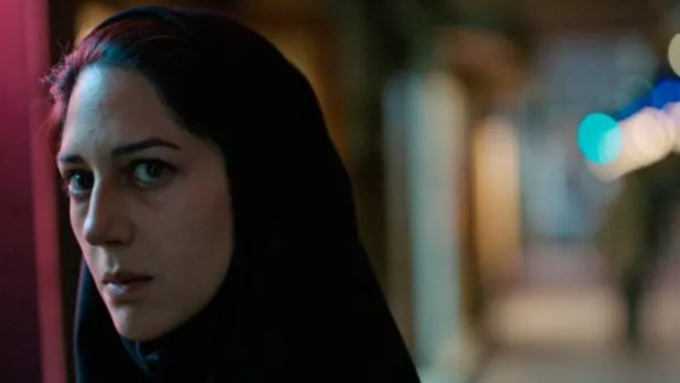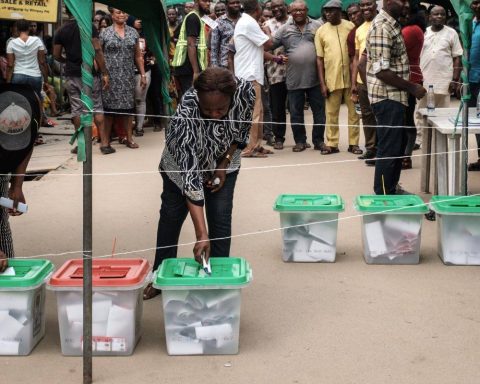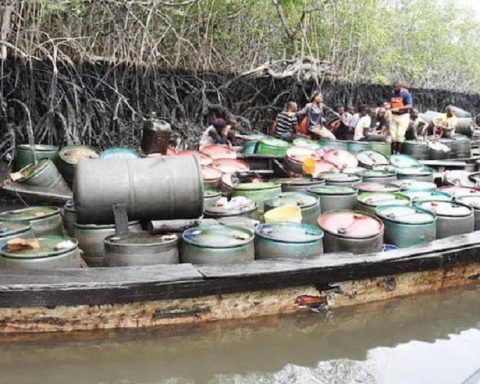Ali Abbasi, Iranian director behind the serial killer thriller “Holy Spider,” has spoken out against Russia’s recent ban on his film just days after its theatrical release.
The move has raised eyebrows, particularly given the growing military and economic ties between Russia and Iran, as both countries face international isolation.
Join our WhatsApp ChannelAbbasi criticized the ban, linking it to Russia’s support for the Iranian regime in arming the Russian military involved in the conflict in Ukraine.
“By banning Holy Spider, the Russian government is returning favours to their ally Islamic Republic, who has been arming Russian military to kill innocent civilians in Ukraine,” the director stated.
READ ALSO:‘Winnie-the-Pooh: Blood and Honey’ Sequel Scores Multiple International Sales Deals
Expressing his disbelief at the ban, Abbasi added, “I don’t know what kind of law prohibits Holy Spider in Russia, but judging by the way independent press and dissidents are being treated there, it sure feels like a compliment for us to be banned by Putin’s servants.”
Abbasi’s film, a contender for the prestigious Palme d’Or at the 2022 Cannes Film Festival, delves into themes of misogyny and social injustice in Iran. It tells the true story of a serial killer who targeted sex workers, murdering 16 of them in the early 2000s in the city of Mashhad.
The Moscow-based company Exponenta Film released “Holy Spider” in Russia on May 11, only to have the Ministry of Culture withdraw the film’s distribution license less than a week later.
The ministry cited the presence of material in the film that “contains information whose dissemination is prohibited by the legislation of the Russian Federation” as the reason for the ban.
Producer Sol Bondy from Berlin-based One Two Films expressed his frustration, highlighting the numerous obstacles and censorship issues faced during the production.
Bondy revealed that the film faced initial challenges in Turkey, where the authorities prevented them from shooting. Eventually, production had to be moved to Jordan after consulting with the Turkish ambassador in Tehran.
Bondy further lamented the ban in Russia, emphasizing that the film is not extraordinary compared to European or Hollywood thrillers. He also pointed out that the current reality for the people of Iran is far worse. Bondy expressed sadness that a country with such a rich film history as Russia has reached a stage where it resorts to banning films.
Abbasi and his team remain undeterred, recognizing the unintended promotion generated by the ban. They sarcastically thanked both the Russian and Iranian governments for their efforts in promoting “Holy Spider” free of charge, urging them to continue their “good work.”
The ban on “Holy Spider” in Russia adds another chapter to the ongoing struggles faced by the film’s creators. Despite the obstacles, the film stands as a powerful testament to the issues of injustice and oppression faced by individuals in Iran today.

















Follow Us